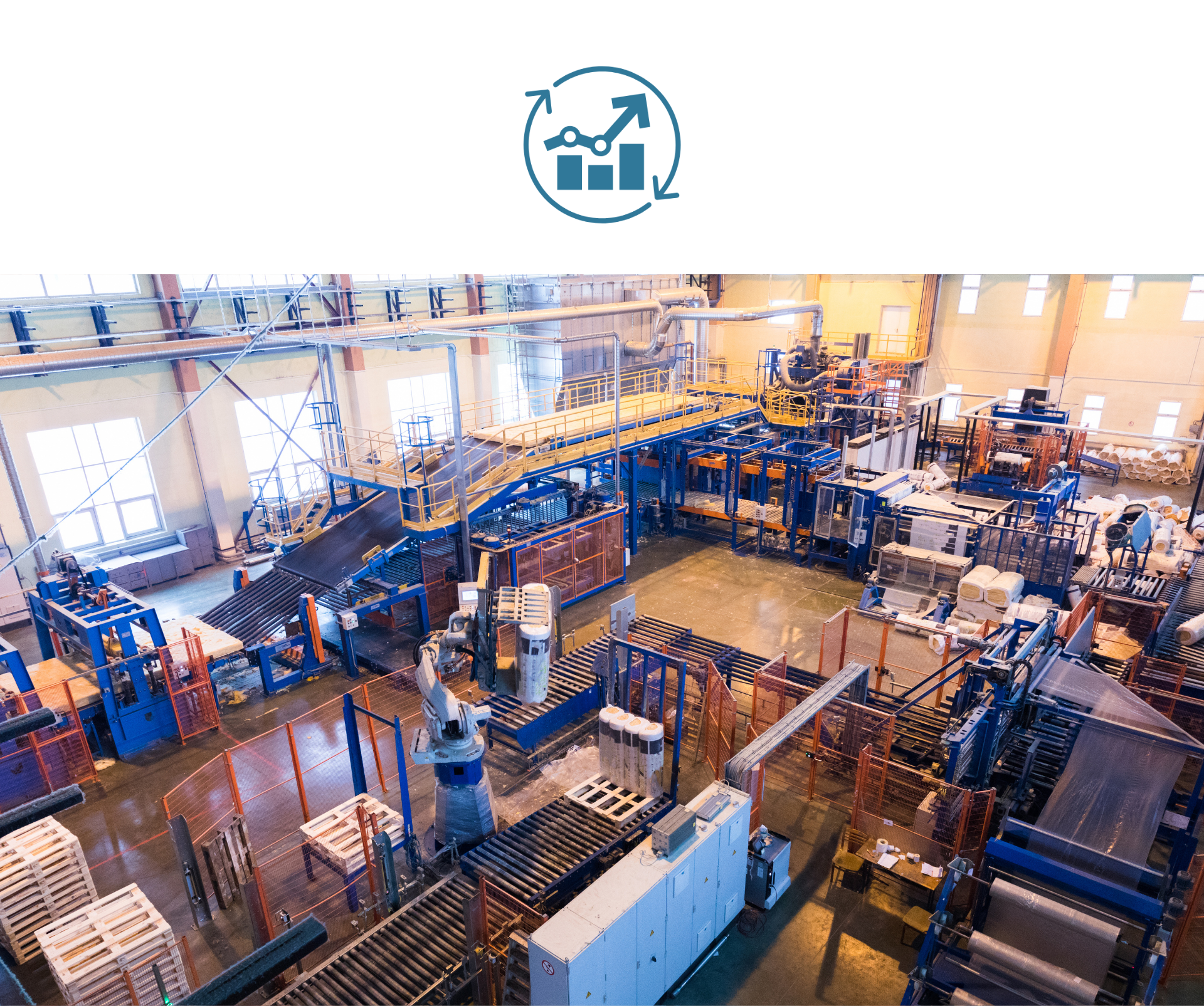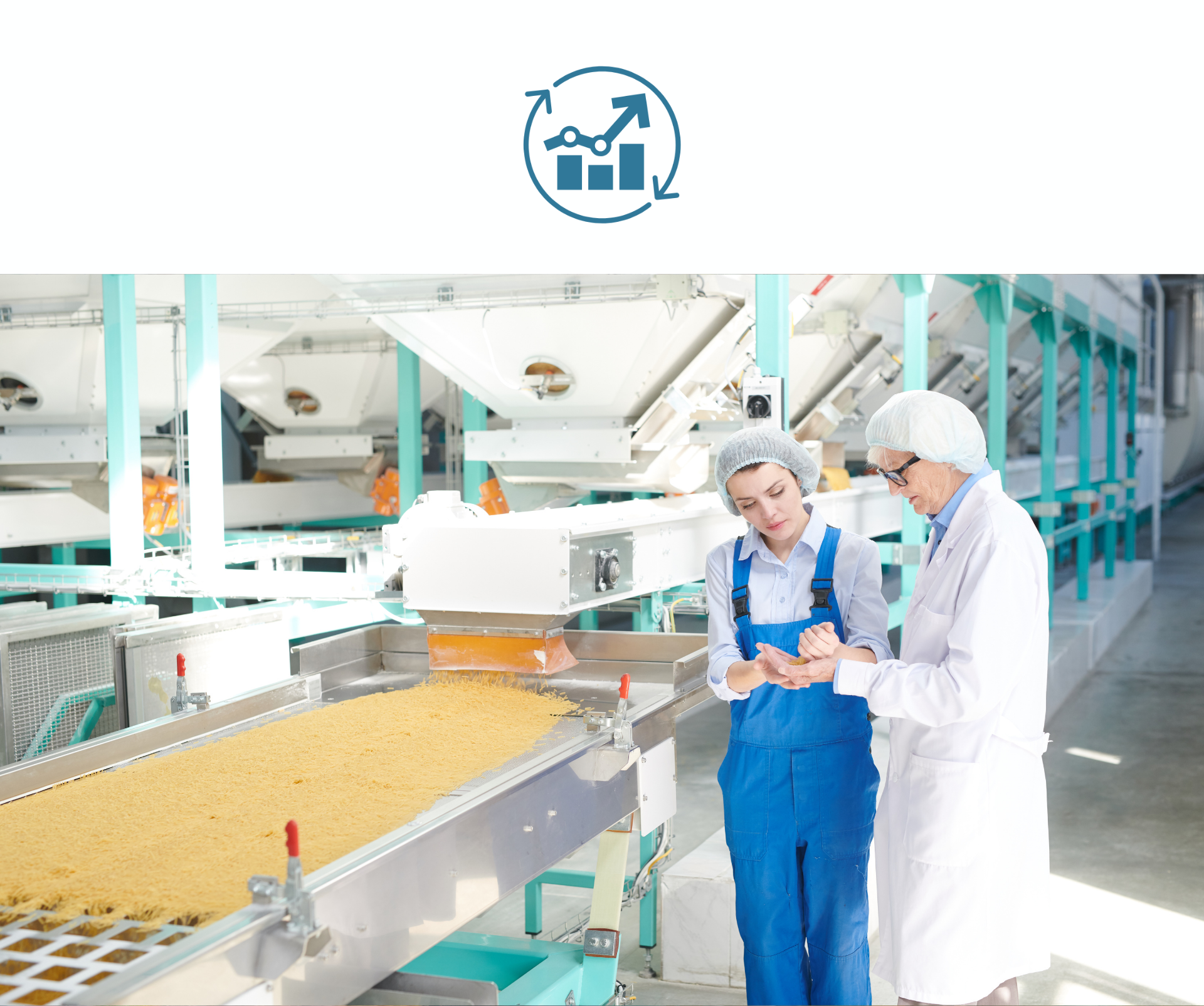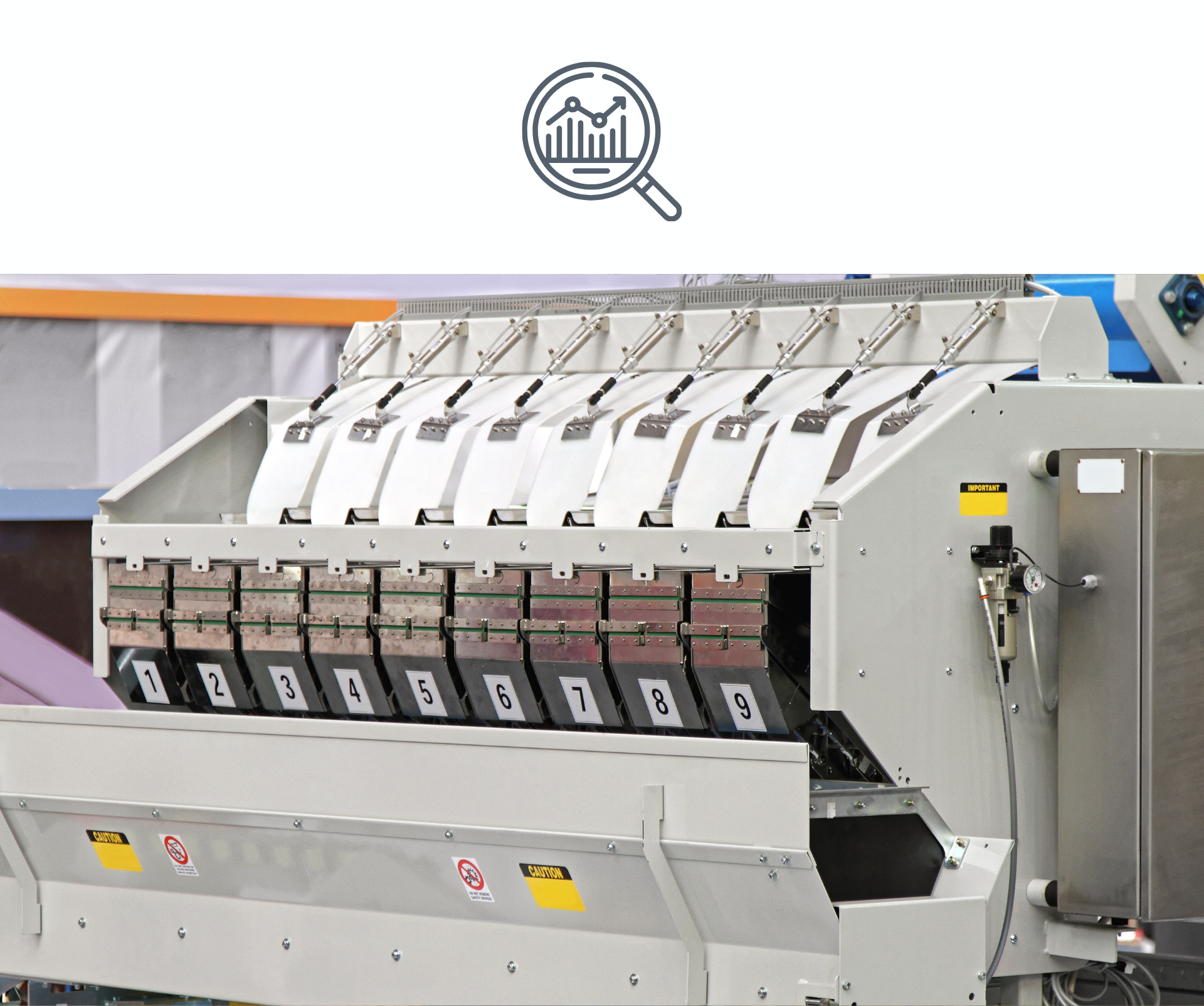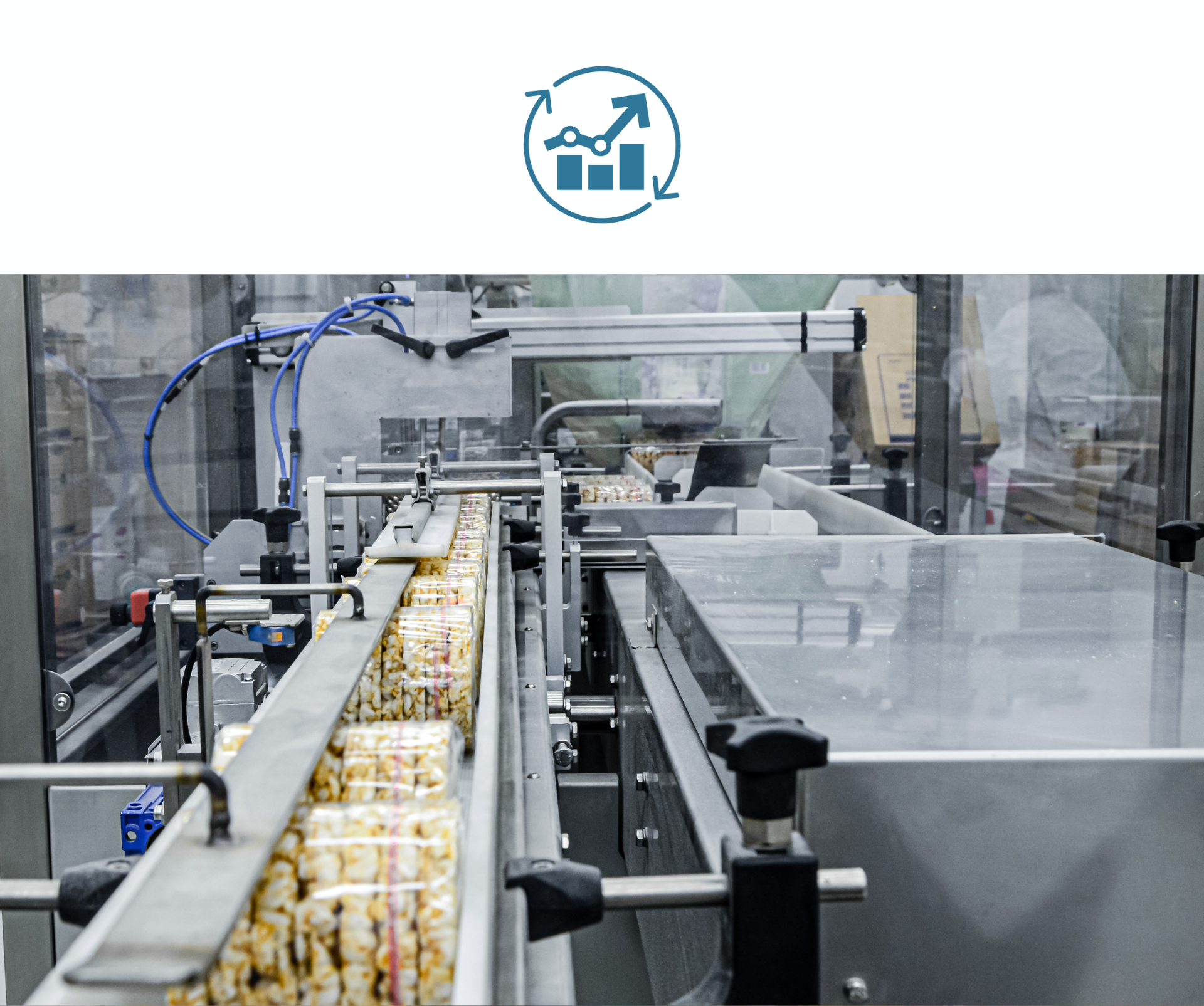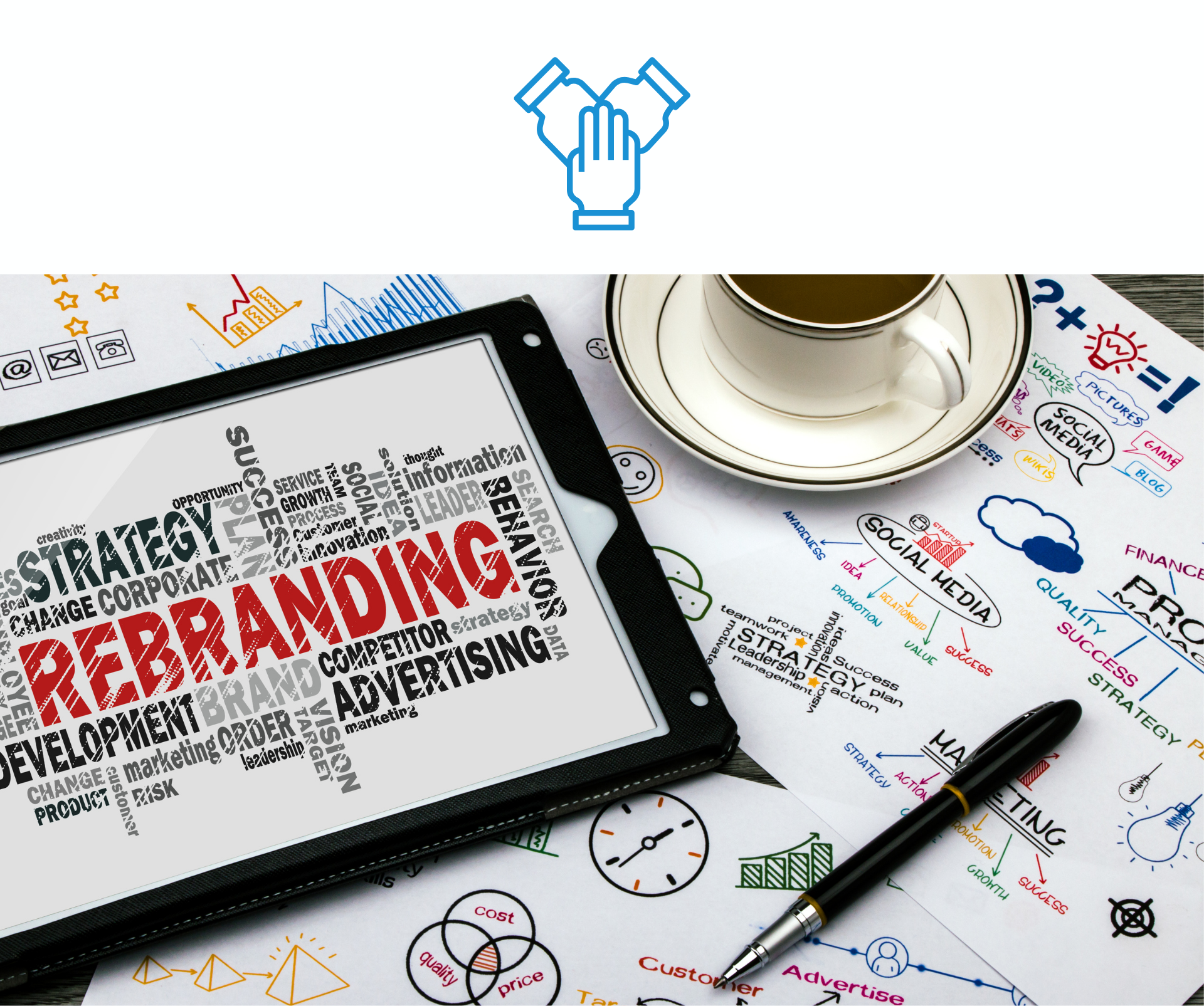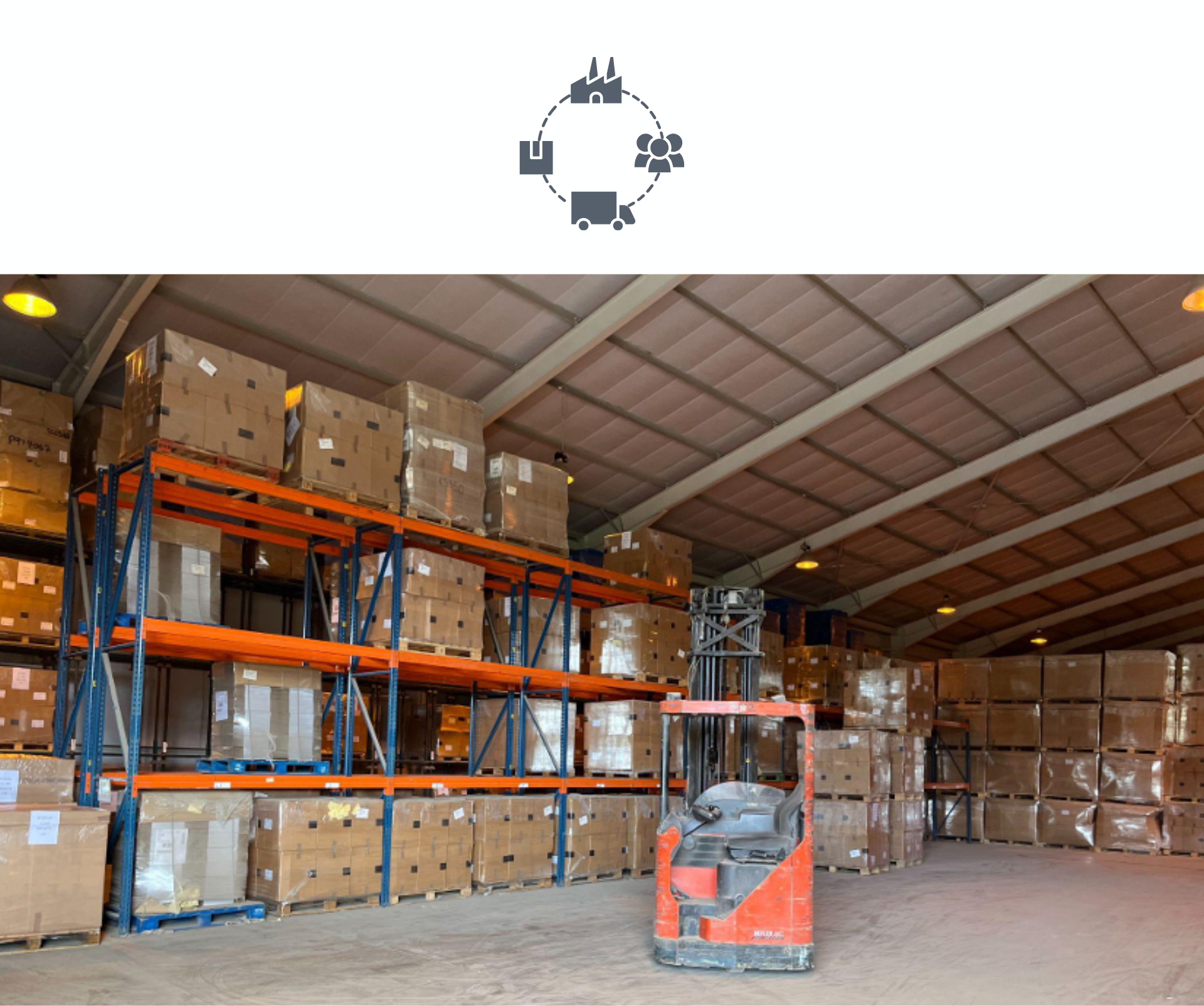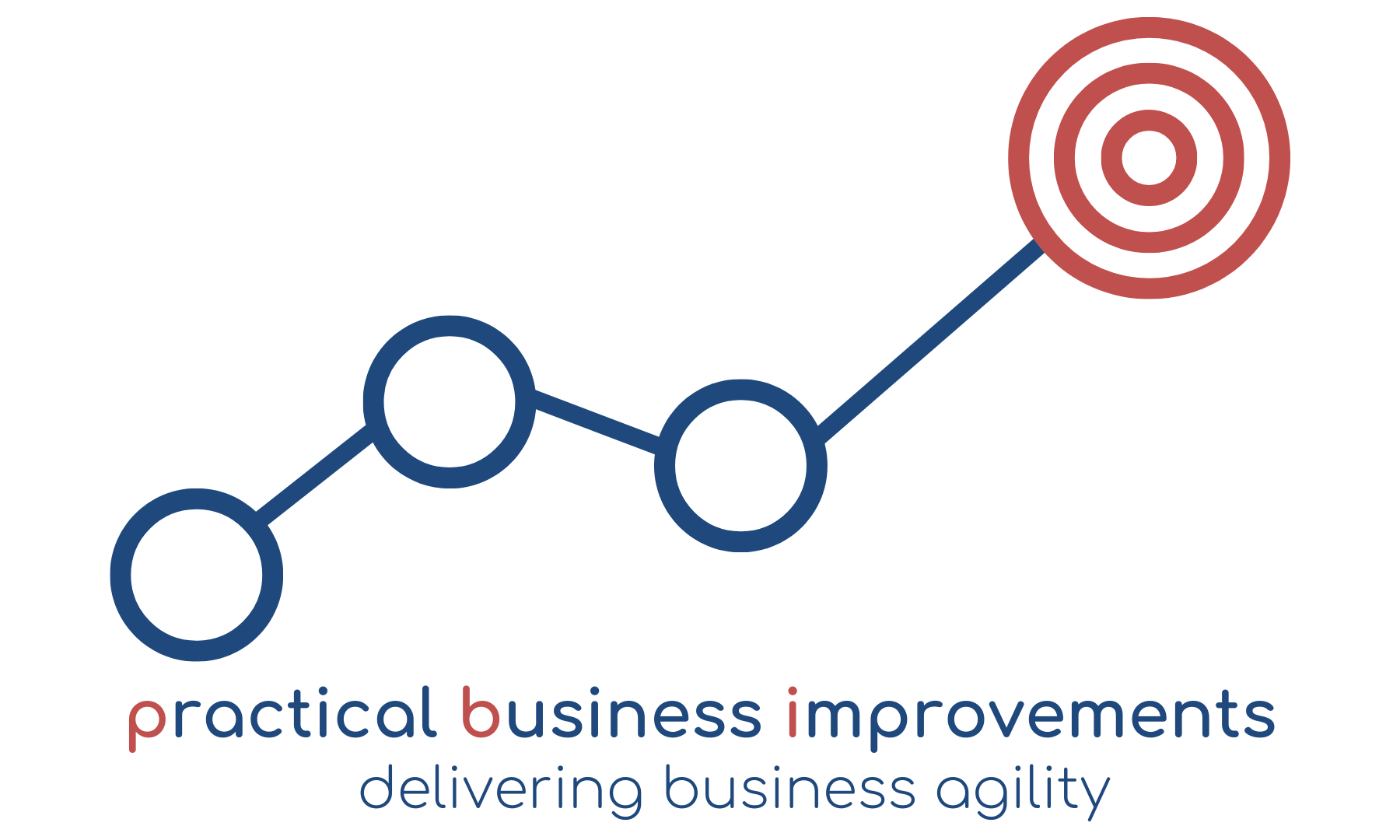Case Studies
SUPPLY CHAIN
Supply Chain Risk Management & Warehouse Consolidation
ButtonSUPPLY CHAIN
Supply Chain Risk Management & Warehousing Consolidation
(Energy Industry Sector)
SUPPLY CHAIN
Supply Chain Risk Management & Warehousing Consolidation
(Energy Industry Sector)
ENGINEERING
Pressure Safety Valves
ButtonENGINEERING
Pressure Safety Valves
ButtonENGINEERING
Pressure Safety Valves
ButtonAUTOMOTIVE
Automotive Manufacturing - Lean Deployment
ButtonAUTOMOTIVE
Automotive Manufacturing - Lean Deployment
ButtonAUTOMOTIVE
Automotive Manufacturing - Lean Deployment
ButtonSOCIAL ENTERPRISES / CHARITIES
Applying Business Improvement Principles to Early-Stage Social Enterprises
ButtonSOCIAL ENTERPRISES / CHARITIES
Applying Business Improvement Principles to Early-Stage Social Enterprises
ButtonSOCIAL ENTERPRISES / CHARITIES
Applying Business Improvement Principles to Early-Stage Social Enterprises
ButtonDIGITAL / IT
Review of the New Product Development (NPD) process
ButtonDIGITAL / IT
Review of the New Product Development (NPD) process
ButtonDIGITAL / IT
Review of the New Product Development (NPD) process
ButtonEDUCATION
Education in Action: Turning Lean & Agile Training into Measurable Business Gains
ButtonEDUCATION
Education in Action: Turning Lean & Agile Training into Measurable Business Gains
ButtonEDUCATION
